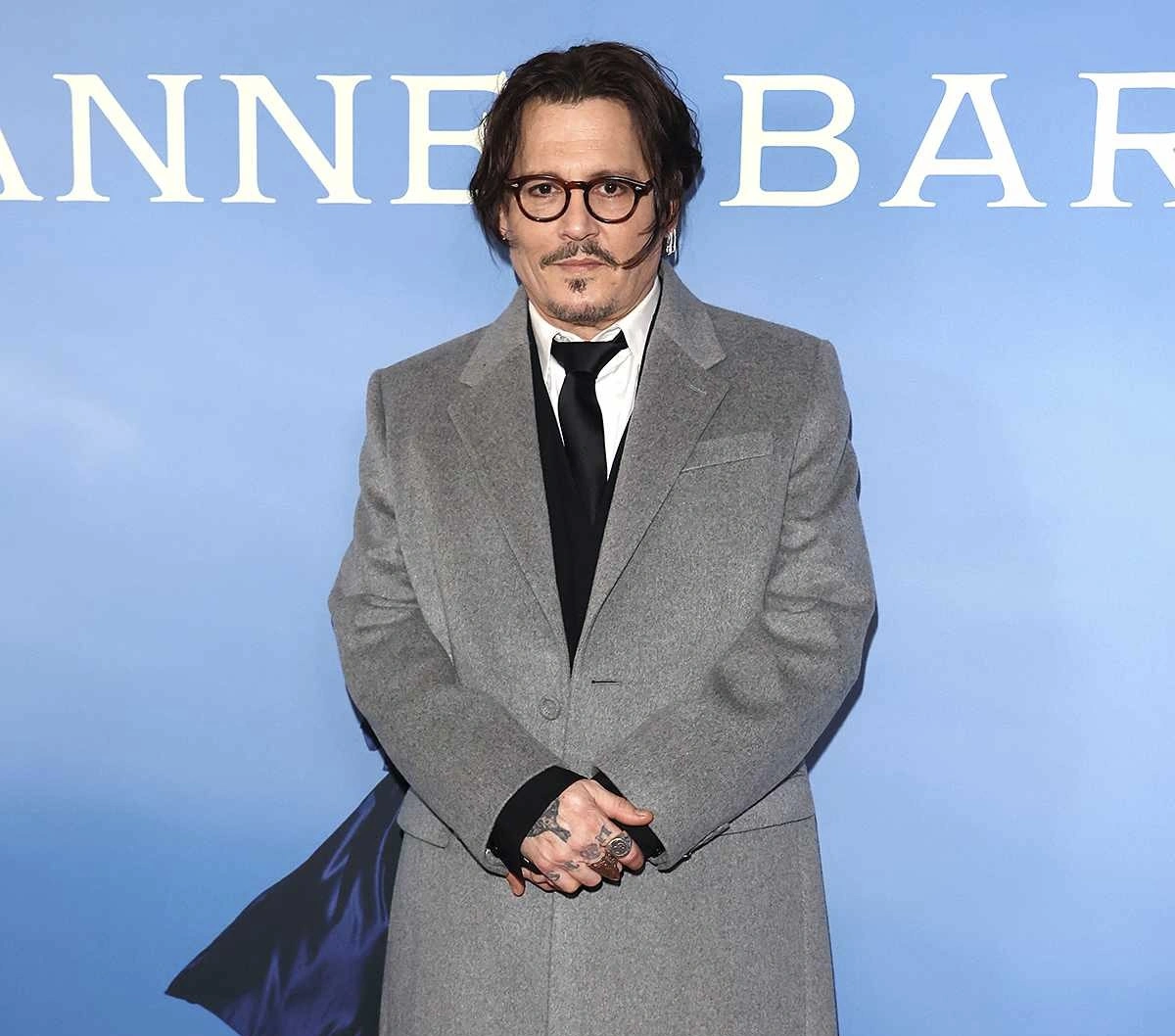When news broke that Jon Bon Jovi and several others helped save a woman by talking her down from the ledge of a Nashville bridge, the world was reminded of the intrinsic value of human compassion and the far-reaching influence of empathy. While celebrity stories are often centered on fame, fortune, and scandal, this incident reveals the power of high-profile individuals stepping into moments of crisis and using their influence in ways that truly matter. The incident not only brought to light the often unspoken struggles surrounding mental health but also showed how, even in the most public of settings, the quiet power of human connection can change lives. This critique delves into the layers of this event, analyzing the roles of fame, empathy, and the societal responsibilities that come with both.
The Intersection of Fame and Responsibility
Jon Bon Jovi is known primarily for his successful music career, but this event adds a new dimension to his public persona. By simply being present at the right time and offering words of kindness, he demonstrated how a celebrity’s platform can transcend beyond the stage or screen. In a world where celebrities are often scrutinized for their behavior or lavish lifestyles, Bon Jovi’s act of empathy reminds us that being in the public eye can carry an ethical responsibility. Fame, in this sense, serves as a double-edged sword. While it grants individuals the power to influence millions, it also calls upon them to be role models in unexpected moments of vulnerability.
In this incident, Bon Jovi’s fame became a tool not just for personal branding, but for saving a life. His calm demeanor and his ability to engage with the woman on the bridge show that the impact of his words extended far beyond his music career. There’s a certain expectation, especially in moments of crisis, that celebrities can use their visibility to effect positive change. When those expectations are met, as they were in this case, the results can be powerful and inspiring.
However, it’s also important to ask whether society places undue pressure on public figures to act in such moments. Would Bon Jovi have received criticism if he had chosen not to engage, out of fear or personal discomfort? While his actions are undeniably commendable, they also highlight the sometimes unfair expectations placed on celebrities to be heroes in every situation they encounter. The narrative of the incident portrays him as a savior, but it’s essential to consider the weight of responsibility that comes with being thrust into such a role. That said, Bon Jovi’s choice to act out of compassion rather than fear speaks volumes about his character, a choice that undoubtedly influenced the woman’s outcome.
Empathy in Action: A Counter to Celebrity Detachment
One of the most striking elements of this incident is the genuine empathy displayed by Jon Bon Jovi and the others involved. Too often, celebrities are portrayed as detached from everyday struggles, insulated by their wealth and fame. Yet, in this moment on a bridge in Nashville, Bon Jovi proved that empathy is not limited by socioeconomic status. In fact, his fame may have enhanced the impact of his words, as the woman in crisis was confronted with the presence of someone who, in her eyes, was a larger-than-life figure. This could have been either intimidating or comforting, but in this case, it seems to have had the latter effect.
Empathy, as seen in this situation, is not simply about feeling someone else’s pain but about taking active steps to alleviate it. Bon Jovi and the others who participated in the rescue understood that the woman needed someone to listen and care about her in that moment. They were not professionals, trained in crisis intervention, but they were human beings responding to the fundamental needs of another person in distress.
This raises broader questions about empathy in society today, particularly in a world where many people are disconnected from one another, absorbed in their own problems or distracted by social media and other digital platforms. How often do we pass by someone in need, either physically or emotionally, because we’re too wrapped up in our own world? Bon Jovi’s actions are a powerful reminder of what can happen when we take the time to engage with others and offer a helping hand, even if we feel uncertain about how to proceed.
Mental Health: Addressing the Silent Struggle
Beyond the immediate rescue, this incident sheds light on the ongoing global struggle with mental health. The woman on the bridge is a reminder that, often, people in crisis feel isolated and unheard. Her presence on the ledge is symbolic of the silent suffering that many endure in a world that often stigmatizes mental health issues. Jon Bon Jovi’s intervention reminds us of the importance of addressing mental health not just with professional care but with everyday acts of kindness and understanding.
In recent years, mental health advocacy has gained momentum, but there remains a gap between awareness and action. While people are more open to discussing mental health struggles, the resources available for those in need are often inadequate. This is particularly true in moments of acute crisis, where someone may not have immediate access to professional help. The fact that it took a chance encounter with a celebrity and some concerned citizens to save this woman’s life points to a larger societal issue: we must improve our systems of mental health care so that people in distress have access to the support they need before they find themselves on the ledge—both literally and metaphorically.
The Quiet Heroes: Acknowledging the Unseen Helpers
While Jon Bon Jovi’s name understandably dominates the headlines surrounding this event, it’s important to recognize the others who were involved in talking the woman down. These individuals, though unnamed, played an equally vital role in the rescue. Their presence serves as a reminder that heroism doesn’t require fame; it only requires action. The focus on Bon Jovi may skew public perception toward the idea that only someone with his status could have made a difference, but the reality is that any of the individuals present could have been the catalyst for change. By working together, they created a moment of collective empathy that ultimately saved a life.
It’s also worth noting that the media’s focus on Bon Jovi can inadvertently eclipse the contributions of everyday people who perform similar acts of compassion without the recognition. Every day, countless individuals engage in quiet acts of heroism that go unnoticed by the public eye. The challenge lies in ensuring that these moments of kindness and empathy are valued and celebrated, even when they don’t involve a celebrity.
A Bridge Between Fame and Humanity
The story of Jon Bon Jovi helping to save a woman on the Nashville bridge is about much more than a celebrity coming to the rescue. It’s about the power of human connection, the responsibility that comes with fame, and the importance of empathy in a world that often feels disconnected. In a moment of crisis, Bon Jovi’s actions, along with those of others, remind us that compassion and understanding can bridge even the darkest gaps in a person’s life.
In an era where mental health struggles are increasingly common, this story serves as a poignant reminder that, sometimes, all it takes to save a life is for someone to stop, listen, and care. While Jon Bon Jovi’s fame certainly played a role in the public’s fascination with the event, the true power of the story lies in the humanity behind his actions. It’s a lesson for all of us to be present in moments of need, to reach out to those who are struggling, and to remember that every act of empathy has the potential to change a life.
No comments yet.








